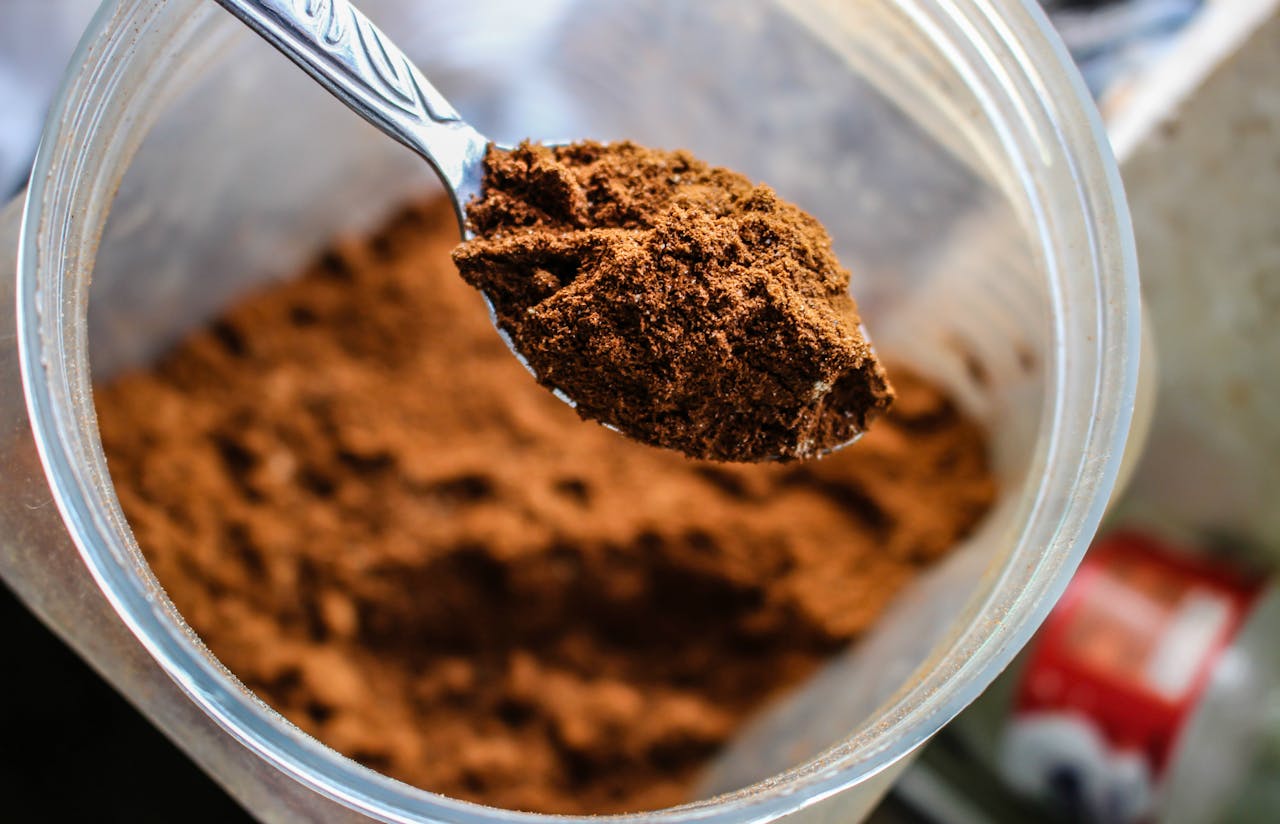The popularity of plant-based protein powders is surging, with the market currently valued at more than $5.3 billion and projected to nearly double to $10.6 billion within the next decade, according to research by Future Market Insights. However, recent findings from Consumer Reports raise serious concerns about the safety of these products, particularly regarding heavy metal contamination.
In a study analyzing 23 different protein powders and shakes, Consumer Reports revealed that over two-thirds of the products tested contained lead levels exceeding the daily safe limit of 0.5 micrograms. This threshold was established by a panel of experts from the organization. Additionally, some of the tested products were found to contain cadmium and inorganic arsenic, further complicating the health implications for consumers.
Heavy Metals in Plant-Based Options
The results highlighted that plant-based protein powders are particularly worrisome. On average, these products contained nine times more lead than their non-plant counterparts. Researchers noted a troubling trend, as lead levels in these protein powders have increased since the last round of testing conducted by Consumer Reports 15 years ago. This study follows earlier research from the Clean Label Project, which also identified elevated levels of heavy metals in various protein powders.
Despite these findings, experts advise against panic. Many of the protein powders tested are considered safe for occasional use. According to the report, “Even those with the highest lead levels are far below the concentration needed to cause immediate harm.” However, it is crucial to remain aware of potential health risks associated with chronic exposure to lead, which can result in reproductive issues, immune suppression, and kidney damage.
Recommendations for Consumers
Dietitian Jennifer Scherer emphasized the importance of understanding the risks associated with lead exposure. “Chronic exposure to lead can cause a range of health issues, particularly neurological problems,” she stated. Experts from Consumer Reports also cautioned that while the immediate risk from occasional consumption may be low, lead can accumulate in the body over time.
Food safety researcher and chemist Tunde Akinleye advised consumers to avoid daily use of protein powders, as many contain high levels of heavy metals and are not necessary for achieving protein intake goals. For those seeking to enhance their protein consumption without supplements, whole plant foods such as tofu, tempeh, and beans offer excellent alternatives.
As the market for plant-based protein continues to expand, consumers should exercise caution and make informed choices about their dietary supplement options.
